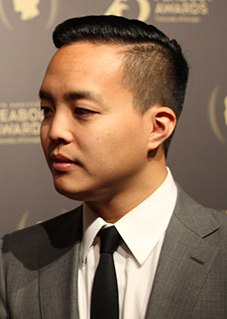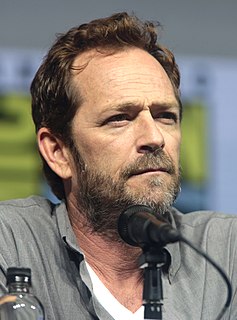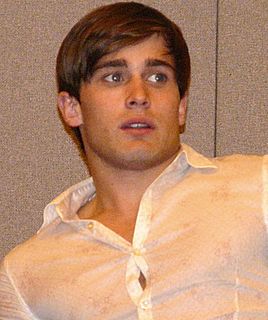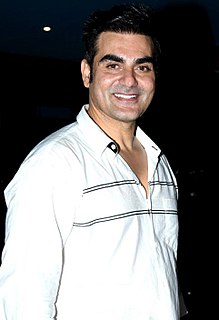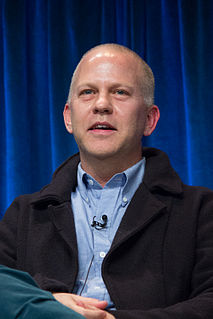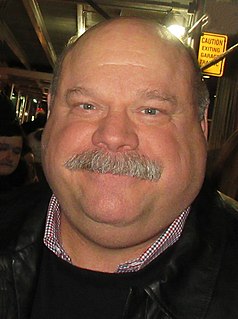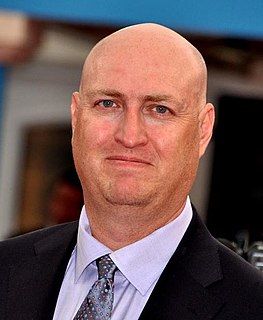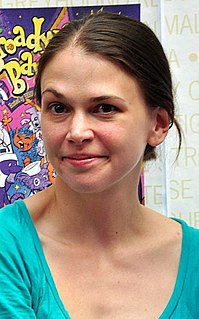A Quote by Eric Kripke
When you do 22 episodes of a network show, it's incredibly useful to have a format that gives you a jumping-off point for a story.
Related Quotes
The territory has changed, and a lot of really good actors want to do cable series, but they don't necessarily want to do network TV and make the commitment of 22 episodes or whatever. They find that the liberties and the creative freedoms that you get in cable is more interesting to them than the censorship of a network show.
I've been on my share of network dramas and comedies, and the problem sometimes in a network is they have a single-minded focus on making the show true to whatever genre it is. If you're on a drama, it better be procedural, it better fulfill all the demands of a procedural show, and you better keep those episodes independent, so if I'm watching the show in seven years as its syndicated on some other cable network, I don't have to know what happened before or after the episode. If you're on a comedy, everything has to be funny and wacky and zany.
Being in the industry, I've seen many situations where someone will get the call from the network where they say 'You guys have 5 episodes to wrap it up.' Then all your long-term story arcs gotta get wrapped up in five episodes because that's how many episodes you got left. I would hate to see that happen to 'Castle'.
If you look at 'American Horror Story' or 'Crime Story,' these are visceral, action-packed, sometimes bloody episodes of television. They're not 'feminine.' They're not about sexy women sitting around looking beautiful, drinking lattes. These episodes are calling cards to show companies like Marvel, 'Look, women can do these kind of movies.'


